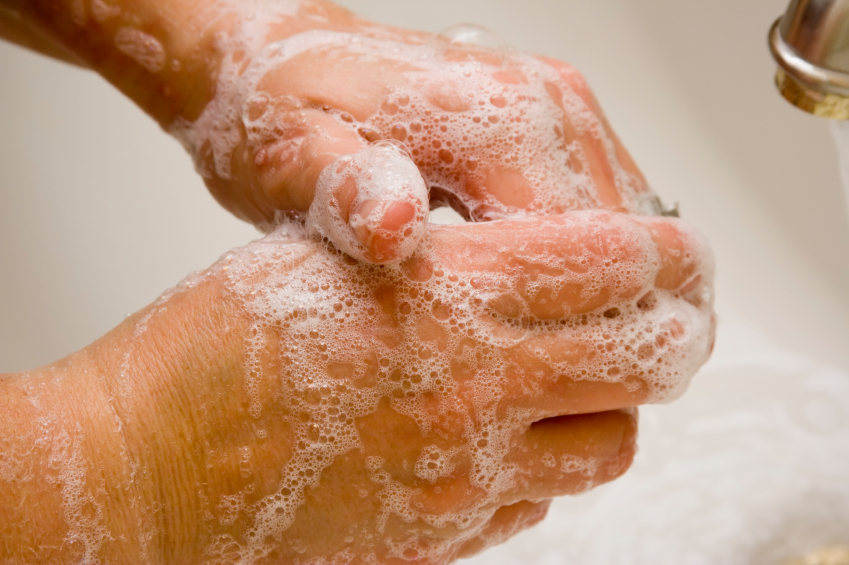South African research claims going overkill with disinfectant could make COVID-19 and other viruses less resistant.
There is a growing risk of resistance to disinfectants and antibiotics says a group of South African scientists.
Strains of Covid-19 are susceptible to most disinfectants including those containing 70% ethanol and should be able to kill the virus fairly quickly.

But it was found that some bacteria are highly resistant to several commercially available disinfectants.
These bacteria are currently still quite rare, and the work of the Veterinary Biotechnology group aims to prevent the development of more highly resistant bacteria.
Antibiotic resistance is becoming one of the biggest life-threatening challenges of our time
As multidrug-resistant infections are becoming increasingly difficult to treat.
Bacterial infections that are present in hospitals and agriculture can be unresponsive to many of the antibiotics currently in use, marking the start of a post-antibiotic era, say the South African scientists.
The research group is currently monitoring disinfectant resistance, looking at which microorganisms are resistant to which disinfectants.
They take environmental samples and test the levels of disinfectant resistance to observe the development and spread thereof.
Over-prescribing and improper use of antibiotics has led to widespread antibiotic resistance.
Research associate Samantha McCarlie says: “We expect the same trend to be seen with disinfectant resistance in the near future.”
Just like a course of antibiotics should always be taken at the correct time and until the last dose.
In the same way, disinfectants should be used at the recommended level and not diluted below that level.
These resistant germs are causing major issues in the agricultural and medical industries, but this effect has not been seen in households yet.
As long as disinfectants are used correctly, most will be able to kill the novel coronavirus.
There is, however, a need to establish tests on the efficacy of the massive number of ‘hand sanitisers’ that are now suddenly available.
According to Prof Robert Bragg, “existing disinfectants and hand sanitisers have been specifically tested against SARS-CoV-2 and have been found to be effective.”
He says the undergraduate students in the department will be evaluating a wide range of different hand sanitisers as part of their practical training.
The excessive use of poor-quality disinfectants as hand sanitisers can result in bacteria developing resistance to these disinfectants.
It is therefore very important that reliable high-quality disinfectants are used as hand sanitisers during this COVID-19 crisis.
